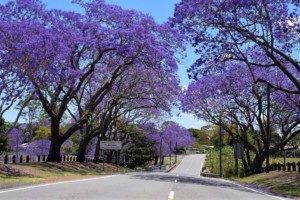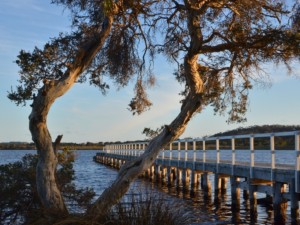Good news in tourism Jul 26 to Aug 1, 2020
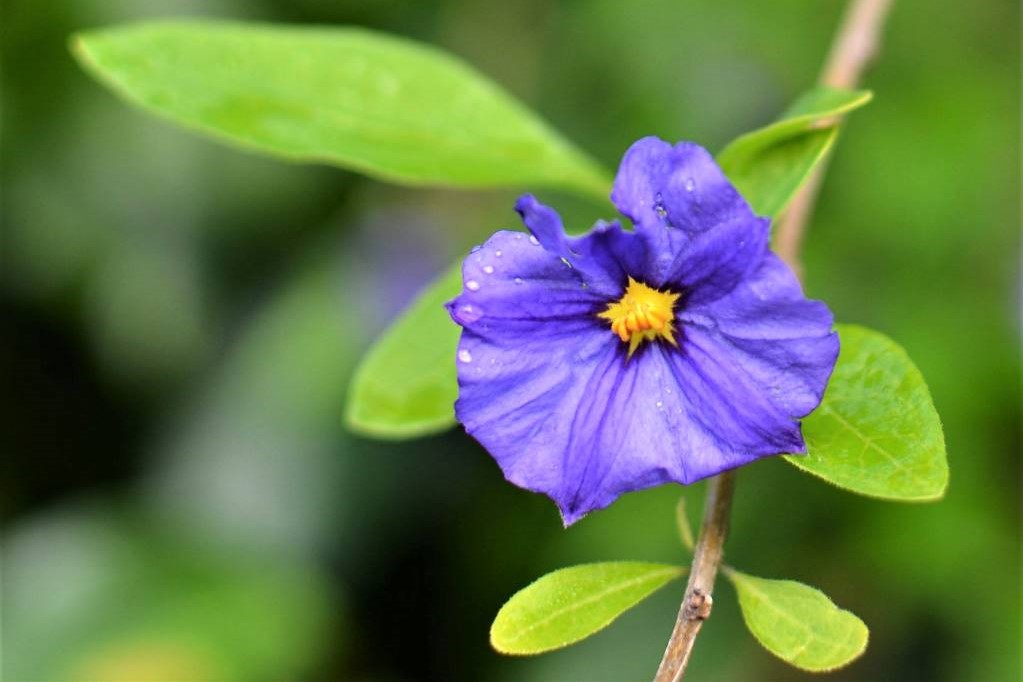
… because it’s everyone’s business!
Published every Sunday, “Good news in tourism” is the perfect pick-me-up for the start of a new week in travel & tourism.
This week in “Good news …”:
- Policy & governance
- Staycations, hyperlocal tourism, & domestic tourism
- Nature-based tourism & ecotourism
- Art, culture, & heritage
- Friends indeed
- Odds & ends
It’s “Good Tourism”. And go!
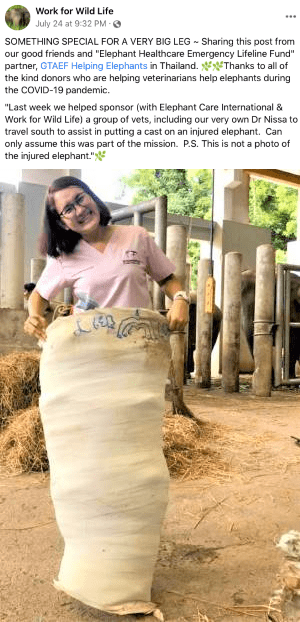
“GT” Friend Susanne Becken wrote about “regenerative tourism” during the week: “The very basic underpinning of regenerative tourism is that it is understood to occur within an ecosystem of natural, social and cultural elements and interactions. Taking a holistic approach is essential in understanding positive effects (e.g. healing) as well as unintended consequences (e.g. degradation).”
Dr Becken previously worked on a sustainable tourism dashboard that would extend data gathering, monitoring, and reporting systems to “non-economic indicators that reflect the full suite of sustainability dimensions”. (In 2017 she wrote a “GT” Insight about it; the very first “GT” Insight!) Will such an objective, measurable approach work for the newer buzzphrase “regenerative tourism”? For the sake of sustainable / regenerative outcomes, one would hope so.
On another topic of importance to the future of our industry, UK Jet Zero Council member Prof Iain Gray of Cranfield University reckons it is only a matter of time before net-zero aviation is a reality. He compares zero-emission air travel with JFK’s moon shot — “We are going to need the same commitment, resource and dedication that the US showed when President Kennedy committed their nation to landing a person on the moon within a decade” — an analogy Prof Geoffrey Lipman of “GT” Partner SUNx — Strong Universal Network has used for years.
Helena Egan, founder of Planet Egan and former head of industry relations at TripAdvisor, has joined the team at “GT” Insight Partner the World Tourism Association for Culture & Heritage (WTACH).
Keep up with “GT”
If you like “GT” and you don’t want to miss a thing, subscribe to “GT’s” free e‑news:
Policy & governance
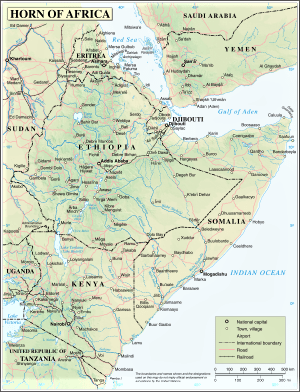
Judy Omumbo of the Kenya-based African Academy of Sciences reckons Horn of Africa states should prioritise low-carbon development and channel funds towards adaptation programs in natural resource-based sectors such as tourism, agriculture, and energy. The Horn of Africa includes Ethiopia, Somalia, Eritrea, and Djibouti.
Mizoram, India is drafting a new “responsible tourism policy” to “meet present requirements” (and secure funding) according to state tourism minister Robert Romawia Royte. Mizoram wants to “access the up-market slot”. The landlocked state shares a border with Bangladesh and Myanmar.
Chief minister Jam Kamal Khan Alyani of Balochistan province in southwest Pakistan has allocated PKR 150 million (USD 900,000) for a master plan. “There are vast opportunities for investment in the tourism sector,” he said. Balochistan is the largest yet least-populated of Pakistan’s four provinces.
New Zealand tourism minister Kelvin Davis announced the seven members of a new “tourism futures taskforce”. With the help of a 34-member advisory group, the taskforce is expected to deliver draft recommendations by December 2020.
Auckland Transport has consulted with the Waiheke community and partnered with the Waiheke Local Board on an integrated 10-year transport plan that factors in pressures from tourism and population growth on the island. Waiheke is the second-largest and most populous island in the Hauraki Gulf off the coast of Auckland, New Zealand.
The County of Hawaiʻi in Hawaiʻi state, USA has released a five-year tourism plan for Hawaiʻi Island — the Hawaiʻi Island Tourism Strategic Plan 2020 – 2025 (PDF) — which emphasises responsible tourism.
Sustainable tourism & responsible travel is everyone’s business
Freedom of movement is a basic human right. And the travel & tourism industry is everyone’s business. “Everyone” includes not only those who earn a living in the travel & tourism industry, but also people who travel, and people who live in places travelled to and through. EVERYONE. Please share “Good news in tourism” with your friends and colleagues. And dive deeper into “Good Tourism” Insights for ideas on how to make sustainable tourism and responsible travel better … for you, for your people, and for your place. For they are your people. And it is your place.
Staycations, hyperlocal tourism, & domestic tourism
Domestic air travel will return to pre-pandemic levels two years ahead of international air travel, according to projections from the International Air Transport Association (IATA) and Tourism Economics. That’s still two years away for domestic (2022); four years for international air travel (2024).
Clinton Thom, general manager of a hotel in South Africa: “While the Tourism Business Council of South Africa (TBCSA) strongly lobbies for a phased reopening to international tourists from as early as September 2020, local operators would be well advised to follow the lead of many other countries abroad who are — first and foremost — looking to their own local markets to help set the sector on the road to recovery.”
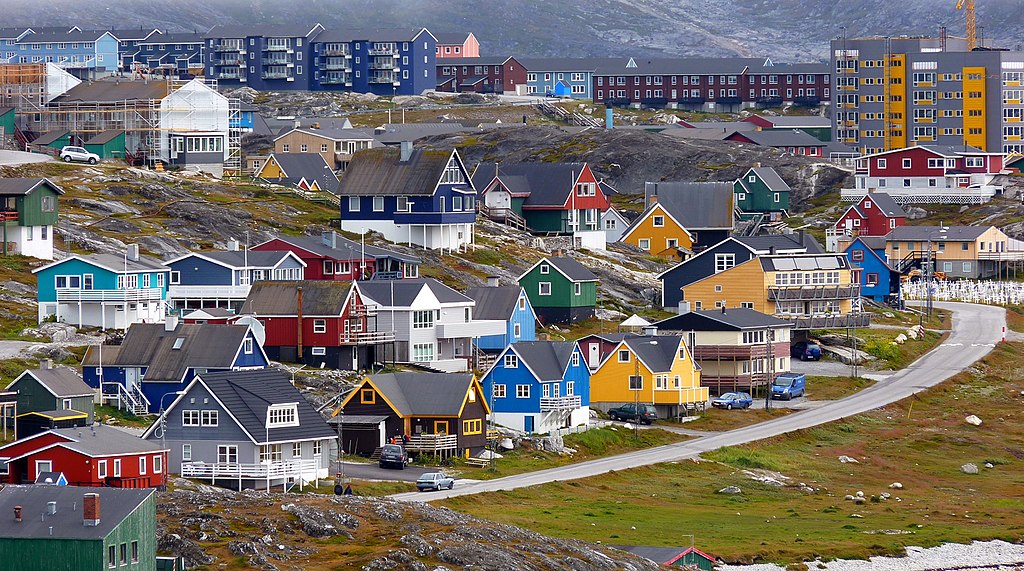
Greenland’s new initiative to boost domestic travel & tourism is a subsidy for travel between towns and villages. This is in addition to discount subsidies on domestic accommodation and tours announced in June. Greenland is an autonomous territory within the Kingdom of Denmark.
Kerala Tourism will work with other states to “ensure a hassle-free experience” for tourists travelling domestically in India. Kerala tourism minister Kadakampally Surendran added: “We expect to welcome guests in the next one or two months.”
Tourism in Tahlequah, capital of the Cherokee Nation, is benefitting from the closure of interstate travel as locals choose staycations. Tahlequah Tourism director Gena McPhail said people living within a 170-kilometre radius were visiting Illinois River and Lake Tenkiller. “People are wanting to get out and do things [and] it’s a safe vacationing option.” Cherokee Nation is based in Oklahoma state, USA.
In California, USA, Orange County Visitors Bureau boss Laurie Paolicelli says every research study she has read indicates that “people have cabin fever and want to get out, but not too far away [and where it is] safe, sanitised, drivable, people are wearing masks and that they can visit and oftentimes be home that same evening”.
In Ontario province, Canada, Tourism Barrie is following “three simple strategies: response, recovery, and resilience”, according to ite boss Betsy Dean. Ms Dean laid out an 18-month plan that starts with a focus on hyperlocal staycations.
The importance of good partnerships
Many commentators would like to see previously overcrowded destinations recover from the COVID-19 depression with a focus on quality rather than quantity. That would be nice, of course, particularly if host communities want that. However, some or many extant tourism stakeholders will likely go out of business should this happen. Don’t let one of those be you. Stay as positive as you can be. And seek out good partnerships with those who make you their priority.
“GT” is a good partner. Please verify that claim with a Good Partner. And then ask your correspondent about partnership opportunities. There’s something for everyone.
Nature-based tourism & ecotourism
Business is good for some in Palm Beach County, Florida, USA. Ecotourism and outdoor-oriented businesses are reporting much better results than during the same period last year as people break out of their lockdown blues.
Conservation NGOs in South Africa have welcomed the phased reopening of the nature-based tourism sector. The Wilderness Foundation Africa, Wildlife & Environment Society South Africa, BirdLife South Africa, and the Endangered Wildlife Trust believe nature-based tourism is “one of the few sectors that stands to revitalise our economy and bring much-needed income back into South African households”.
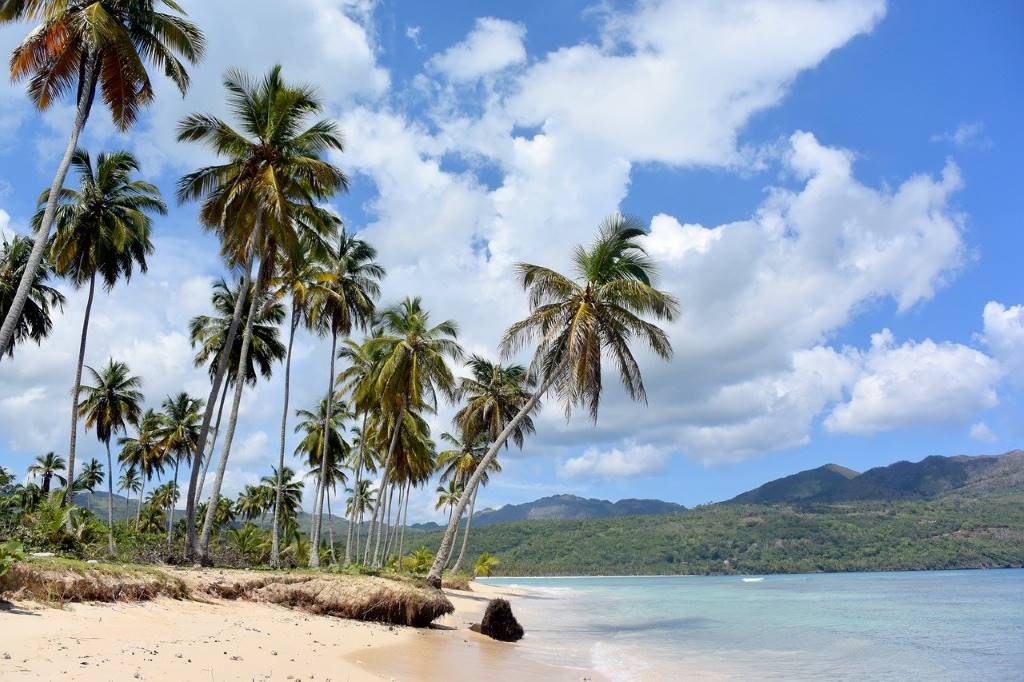
Dominican Republic’s Ministry of Environment & Natural Resources reopened protected areas to ecotourism on Monday. To ensure the health of visitors, environment minister Ángel Estévez indicated that there would be a strict health and safety protocol to follow.
“After seeing nature bouncing back” during the coronavirus lockdown, a parliamentary panel in Bangladesh has recommended keeping national parks closed to tourists for certain periods every year.
Support “GT”
If you find “GT” inspiring, interesting, somewhat amusing, or at least different then surely it’s worth a little something to you.
It means a huge something to “GT”. Thank you very much to those who have donated. 😍
Art, culture, & heritage
Billy FitzHerbert of the Oxford Business Group: “Saudi Arabia’s far-reaching development strategy, Vision 2030, has earmarked tourism – specifically Islamic heritage tourism – as an engine for growth in the Kingdom’s non-oil economy, with Medina set to play a central role in these efforts.”
“It’s good for tourism, it’s good for economic development, and it really can add a lot of character to a community,” Bentonville city planning manager Shelli Kerr said of art. She reckons the opening of the Crystal Bridges Museum of American Art in 2011 contributed to the overall development of the ninth-largest city in Arkansas, USA.
Friends indeed
As international travel bans lengthen, belts tighten further in places previously reliant on foreign tourism … Here are fundraisers worth considering because “GT” Friends & Partners are involved. (This content has appeared in “Good news in tourism” before, so enjoy it again or scroll down to the next subheading to skip.)
Khiri Reach, the charitable arm of “GT” Partner Khiri Travel, has set up a fund to support freelance tour guides. Khiri Reach boss Nia Klatte said: “We want to support a group of people who are among the very hardest hit by the current crisis: our freelance guides. Unfortunately, in Southeast Asia, the government safety nets are extremely minimal if they exist at all for freelancers. And while some domestic tourism is coming back, it will take months or years for tourism activities to return to ‘normal’.”
“GT” Insight Partner Second Look Worldwide is endorsing a fundraiser organised by “GT” Friend James Nadiope, who said: “Since Uganda went into quarantine with total lockdown followed by curfew, many families where we work go empty stomach with no food to eat. I would like to appeal to all well-wishers for financial donations to help these vulnerable families.” [Callback: In January, Mr Nadiope wrote about “How bees, trees, & tourism reduce human-wildlife conflict in Uganda”.]
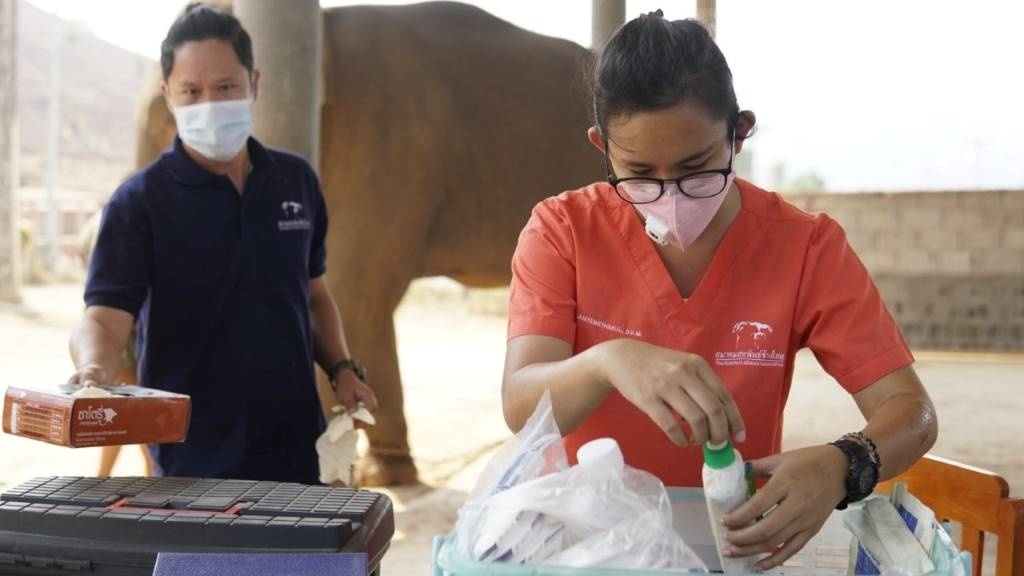
Many Asian elephants and their mahouts in Thailand and elsewhere are in deep trouble. That’s why Hollis Burbank-Hammarlund, founder & director of “GT” Insight Partner Work for Wild Life International, would ask that you contribute to the Elephant Healthcare Emergency Lifeline Fund, which helps keep veterinarians on the job delivering essential emergency veterinary care to elephants that need it most … when they need it most.
Forest patrols by Wildlife Alliance rangers in Botum Sakor National Park in southwest Cambodia may have to be suspended. The rangers’ equipment, food and wages are provided in entirety by the Golden Triangle Asian Elephant Foundation (GTAEF) and Cardamom Tented Camp both of which depend on tourism. And there is no tourism. An emergency fundraising page is live. [“GT” Friends Willem Niemeijer and John Roberts are associated with the fundraiser via Cardamom and GTAEF respectively.]
Not a fundraiser as such, but a great idea for accommodation providers: “GT” Friend Rachel Sherwood is organising well-deserved holidays for healthcare workers at the front lines of the COVID-19 fight. Operation Recuperation is collecting pledges from accommodation providers and second home owners from all over the world.
Odds & ends
Bits ‘n pieces that don’t easily fit into this week’s arbitrary clusters:
The City of Poreč, Croatia last year adapted the Euphrasian Basilica and Lungomare promenade according to USEFALL (UNESCO Site Experience For All) project principles. USEFALL makes heritage sites more accessible for people with limited mobility. Poreč is keen to roll out more accessible tourism adaptations next year.
Kannapuram, a panchayat (village council area) in Kerala, India has declared itself an “Indigenous Mango Heritage Area” due to its more than 200 varieties of mango.
Stay healthy, smile, have a good week … And when you can travel again, remember:
It’s not ‘no’. It’s ‘know’.
Featured image (top of post): Petals within petals. Image by David Gillbanks (CC BY 4.0).
Donations, diversity, disclaimers
To help your correspondent keep his energy-efficient lights on, please consider a private one-off gift or ongoing donation. THANK YOU to those who have! 😍
You are a tourism stakeholder — yes, YOU! — so what’s your view? Do you disagree with anything you have read on “GT”? Join the conversation. Comment below or share your “Good Tourism” Insights. Diversity of thought is welcome on The “Good Tourism” Blog. And you will be supporting an independent publisher with your original content.
Disclaimer 1: It is “GT’s” policy to fully disclose partner/sponsor content. If an item is not disclosed as partner or sponsor-related then it will have caught “GT’s” attention by some other more organic means. Partner with “GT”. You know you want to.
Disclaimer 2: None of the stories linked from this week’s post have been fact-checked by “GT”. All terminology used here is as the linked sources used it according to the knowledge and assumptions they have about it. Please comment below if you know there has been buzzword-washing or blatant nonsense relayed here, but be nice about it as the linked sources might get offended. (“GT” won’t.) And as for “GT” bringing it to your attention so that you might be the one to set the record straight, you are welcome! 🙂


